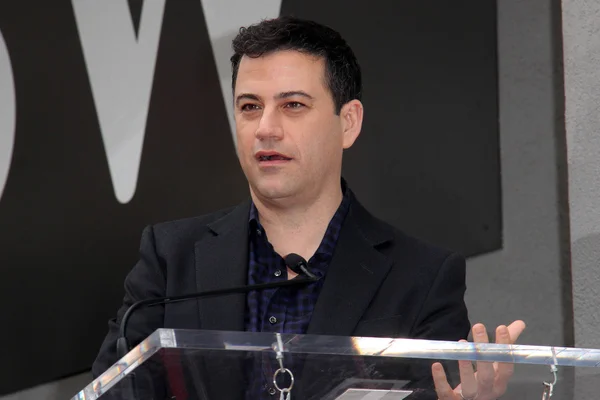
You just can’t stand by.” With those words, Jason Bateman waded into one of the most intense Hollywood fights in years. The indefinite hiatus of Jimmy Kimmel Live! following Kimmel’s tart monologue on Charlie Kirk’s assassination has ignited a firestorm not merely in the entertainment sector, but across political and cultural divides.
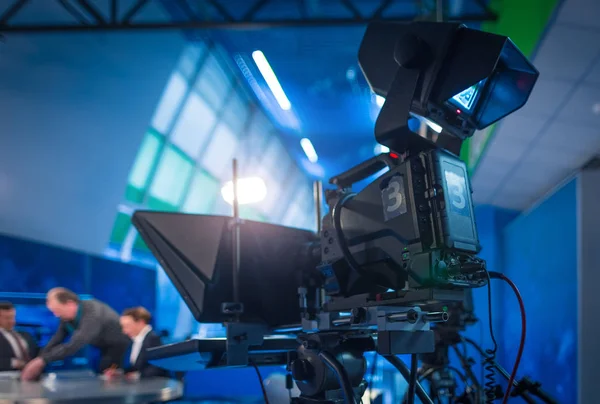
Since ABC’s announcement, the controversy has shifted from an isolated late-night joke to a wide-ranging fight about free speech, government pressure, and celebrity participation in upholding democratic principles. Bateman’s measured but piercing remarks on NBC’s Today show have acted as a call to action for those who consider the move to be a repressive precedent.
Here is a rundown of the best lines from Bateman’s comments and wider fallout everything from celebrity endorsements, political backlash, to bigger questions of where America’s free media are at these days.
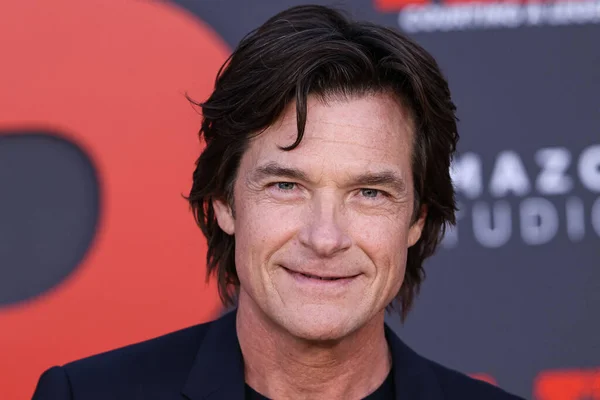
1. Bateman Refers to Suspension as “Troubling to Say the Least”
With Craig Melvin seated by his side, Bateman had no qualms. He referred to ABC’s decision to cancel Kimmel’s show as “troubling to say the least” and demanded introspection on “how we feel about this sort of thing.” Although he acknowledged that he was not the one to step forward, he implied there was a smoldering “collective move to react” because, as he phrased it, “you can’t simply stand idly by and allow things like that to persist.” For Bateman, the “things” were clear removing a comedian from the airwaves for comments related to freedom of speech.

2. The FCC Pressure That Spurred the Decision
Behind the scenes, this was not just a network choice. Federal Communications Commission Chairman Brendan Carr, a Trump appointee, put ABC and its affiliates in line for licensing actions if something wasn’t fixed with Kimmel. His threat “We can do this the easy way or the hard way” was generally interpreted as a thinly veiled threat. Massive affiliate organizations like Nexstar, which is pending FCC approval for a $6.2 billion merger, promptly committed to removing Kimmel’s show from their air, paving the way for ABC’s national suspension.
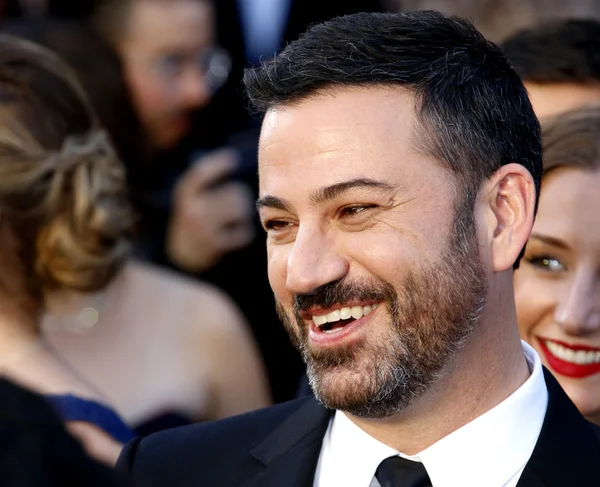
3. Hollywood Springs to Kimmel’s Defense
From Ben Stiller’s forthright “This isn’t right” to Wanda Sykes complaining that Trump “did end freedom of speech within his first year,” Hollywood’s power elite has been sounded off in his defense. Jean Smart called the cancelation “horrifying” and went on to say, “What Jimmy said was FREE speech, not hate speech.” John Legend re-posted a tweet mocking the idea of government-authorised censors, and Henry Winkler praised Kimmel’s humor as “important to keep showing us who we are.” The deluge of endorsements reveals just how strongly many in Hollywood view this as a First Amendment fight.
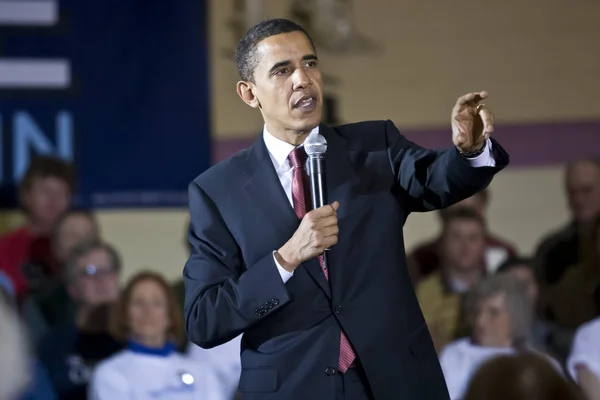
4. Political Leaders Fall Along Party Lines
Democratic lawmakers, including Reps. Hakeem Jeffries and Katherine Clark, accused Carr of “corrupt abuse of power” and demanded his resignation. Sidelined President Barack Obama warned that actions of the Trump administration represent “exactly the kind of government coercion that the First Amendment was designed to prevent.” Conservative commentators like Benny Johnson labeled the suspension as “CONSEQUENCE culture,” accusing Kimmel of “lying about Charlie Kirk’s assassination” and overstepping. House Speaker Mike Johnson dismissed censorship charges, claiming ABC had the ability to make its own decision.
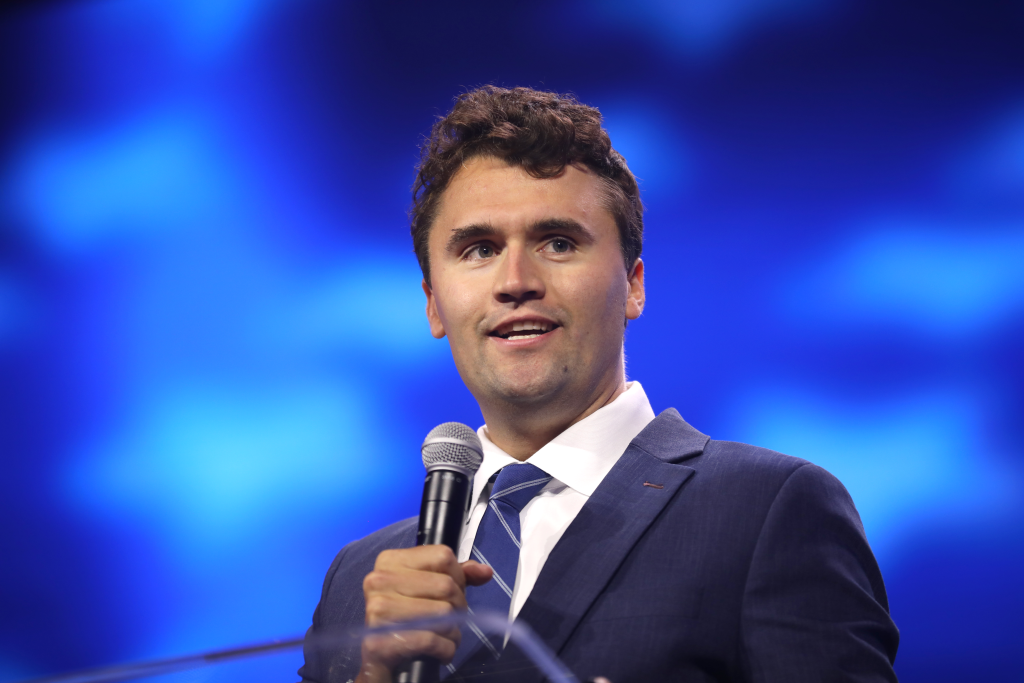
5. The Broader Climate of Political Violence
Kimmel’s comments were made against a provocative national backdrop. Experts like Arie Perliger warned that hyped-up slayings can fuel retaliatory cycles of violence, justifying extreme actions. The killing of Charlie Kirk on the grounds of Utah Valley University is one in a dismal trend of political violence, with analysts noting that nearly a quarter of Americans increasingly see political violence as at least potentially justifiable. It is an environment rendering speech about such acts highly charged and, to some, more vulnerable to censorship.
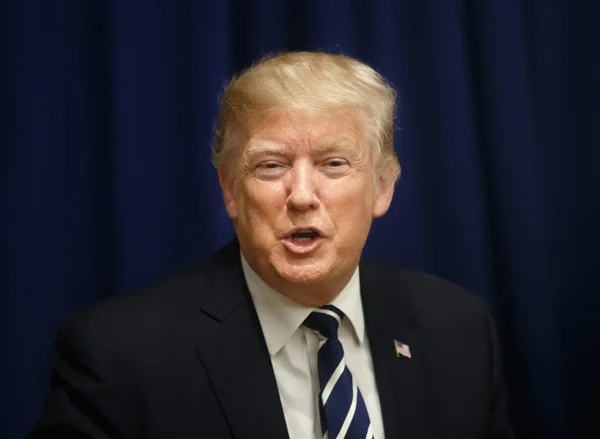
6. Government Pressure Meets Corporate Weakness
Media scholars have compared the role played by the FCC herein to earlier occasions when implicit government threats made private action into de facto state censorship. With Nexstar’s upcoming merger and Sinclair’s market dominance, the interest for the affiliates was high. As one union leader put it, “This is state censorship… happening right here and right now.” With regulatory power and corporate risk aversion coming together in a perfect storm, the muzzling of a prominent Trump critic was all but inevitable.

7. Why Bateman’s Words Ring Beyond Hollywood
Bateman’s stance is important as it bridges celebrity culture and civic discourse. He never delivered a furious political harangue; instead, he framed the task as a shared responsibility to keep expression open. At a time when even comedians are weighing every joke line, his “not stand by” call rings out to a larger constituency those whose media freedom is not just a Hollywood concern but something they share in common.

Bateman did not say much, but it tuned into an even larger conversation regarding how free speech is eroded when political influence and corporate influence converge. Whether or not this is a tipping point or a flash in the news cycle will be seen in how that “collective move” he spoke of becomes a reality and whether voices in and out of Hollywood continue to make themselves heard when the pressure to keep quiet is loudest.


